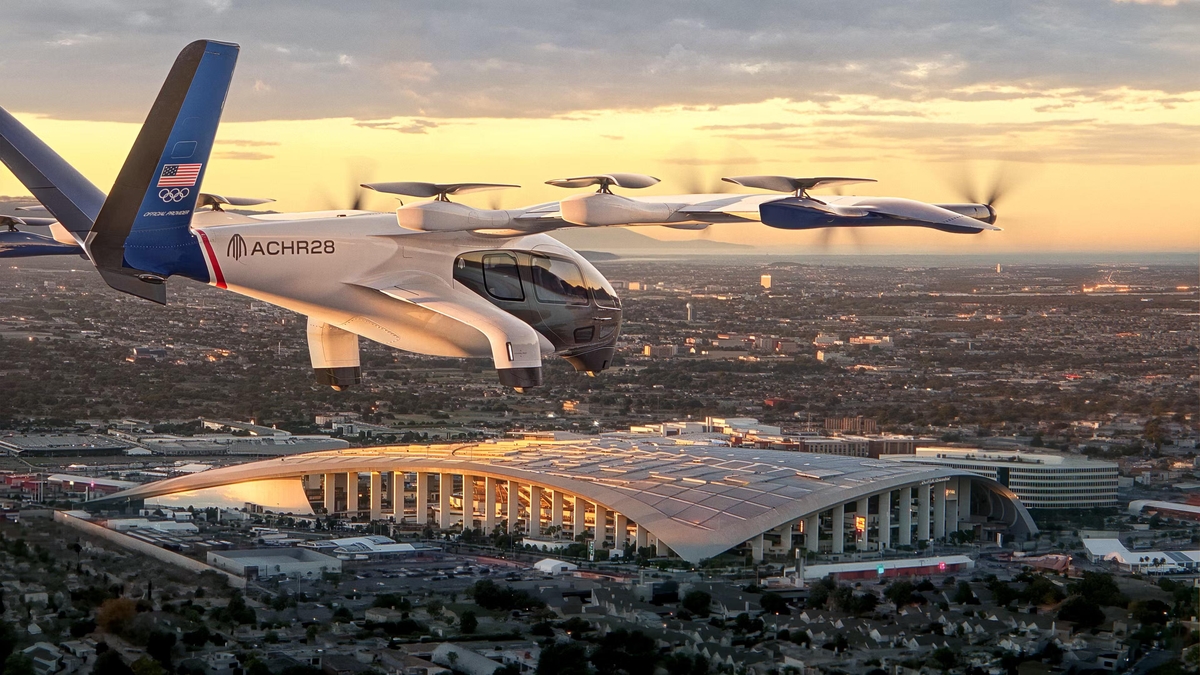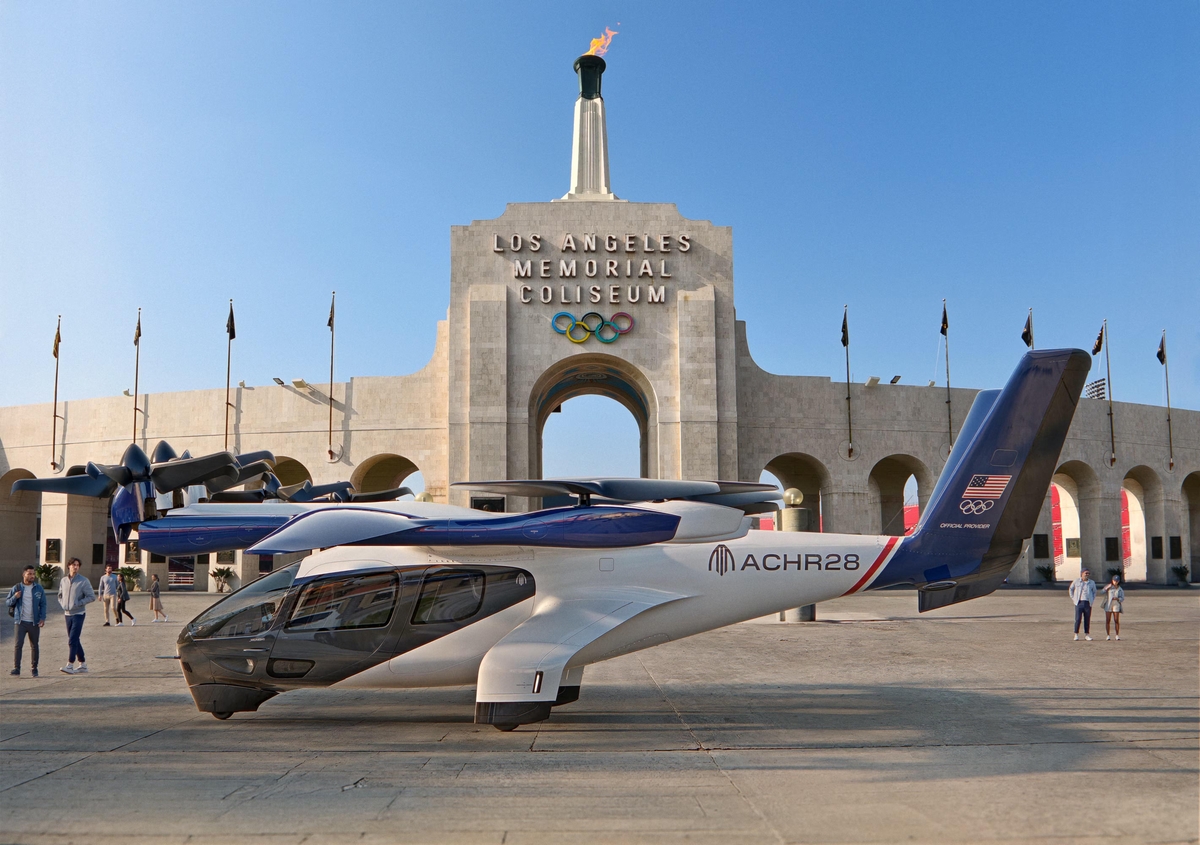
With LA traffic ranked among the worst in the world, a new solution is rising. Air taxis, once just a futuristic fantasy, may soon be flying over Southern California as companies race to launch this new mode of transportation.

The idea of air taxis, small, electric aircraft that take off and land vertically has captured the attention of tech companies, transportation officials, and frustrated commuters alike. Los Angeles is set to become one of the first cities in the U.S. to test and possibly implement this high-tech travel option. Some test flights have already begun, and several companies hope to be fully operational by the 2028 Summer Olympics.
Air taxis are part of a new wave of transportation technology known as eVTOLs (electric vertical takeoff and landing vehicles). These aircraft look like a cross between a drone and a small helicopter, designed to carry passengers across cities quickly and without emissions. Unlike helicopters, they are quieter, cleaner, and expected to be cheaper in the long run. Companies like Joby Aviation and Archer Aviation are leading the charge in
LA. Both have developed prototypes and completed successful test flights. “This isn’t science fiction anymore,” said Joby Aviation CEO JoeBen Bevirt in a press release. “We’re building a real transportation system in the sky.”
Why LA Makes Sense—and What’s at Stake
Los Angeles has long struggled with traffic congestion. According to INRIX’s 2023 Global Traffic Scorecard, LA drivers lost an average of 95 hours in traffic per year. With sprawling freeways and limited space for road expansion, looking upward makes sense.The city’s geography also helps.
With flat land, sunny skies, and a spread out layout, LA offers ideal conditions for testing flying vehicles. The upcoming 2028 Olympics provide even more motivation to get air taxis ready for public use. Supporters say air taxis could dramatically cut commute times, reduce carbon emissions, and relieve stress on highways. A trip that might take 90 minutes by car could take only 15 minutes in an air taxi. And because the aircraft are fully electric, they produce zero emissions.
Still, the plan isn’t without controversy. Many residents are concerned about noise pollution, safety, and accessibility. “I’m excited, but I also wonder who can afford it,” said Maria Lopez, an LA resident. “Will this really help regular people or just the wealthy?” Experts agree that pricing will play a big role. While costs are expected to be high at first—possibly over $100 per ride—companies say prices could drop over time to match ride-share services like Uber or Lyft.

Infrastructure is another challenge. The city will need to build “vertiports”—small landing pads on rooftops or in parking lots—along with charging stations.
The Federal Aviation Administration (FAA) is working on guidelines for how air taxis will operate safely in urban skies. At the same time, city leaders are considering where vertiports will be placed and how to integrate this new technology into daily life.“Urban air mobility could be a game-changer for Los Angeles,” said Alex Kim, a USC transportation researcher. “But the technology needs to work for everyone—not just a few.”
LA is also studying how other cities are implementing similar programs. In Miami and Dallas, early tests have highlighted the importance
of community involvement and public education campaigns to explain how air taxis work. In Dubai, the government has announced plans to launch autonomous air taxis by 2026, showing that international competition is also a factor.
If everything goes according to plan, Angelenos may begin spotting air taxis in the sky by 2025, with full commercial use arriving in time for the 2028 Olympics. Whether they become a common part of city life or remain a luxury for the few, air taxis are no longer just a futuristic dream—they’re on the runway, ready for takeoff.
<Student Reporter Chloe Im> La Canada High School, cim29@mylcusd.net
Editor’s Note: With traffic in Los Angeles ranked among the worst globally, a bold solution is taking shape above the gridlock. As the city eyes the 2028 Olympics, electric air taxis—once a sci-fi fantasy—are now being tested as a real alternative to ground transportation.
Previous Article:
[Chloe] Caffeine Overload: Caffeine’s Growing Grip on Teens
[Chloe] Arrest of Mahmoud Khalil Sparks Outcry over Civil Liberties







